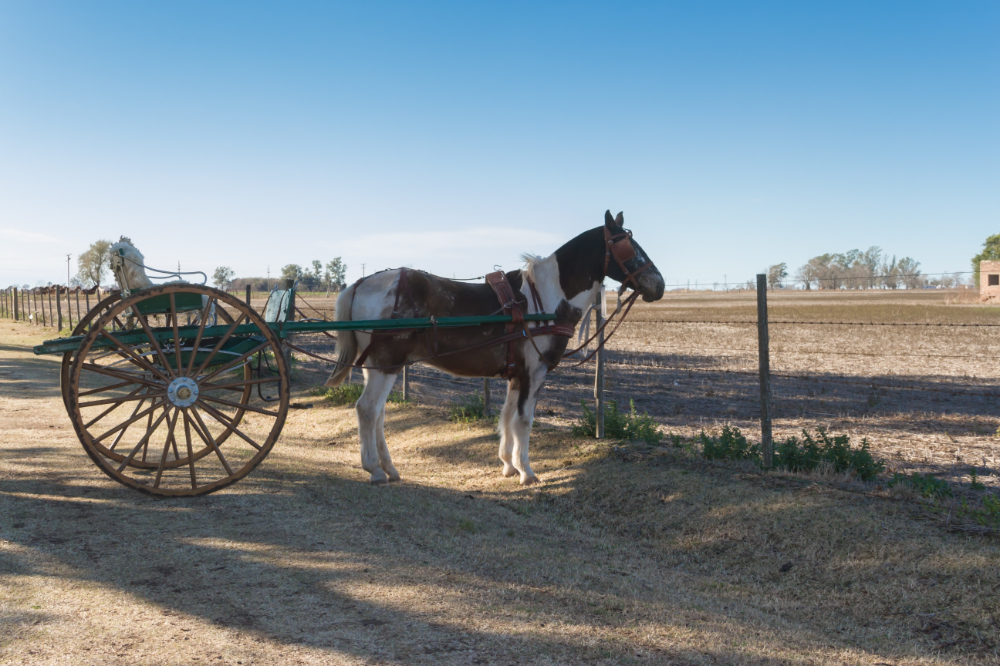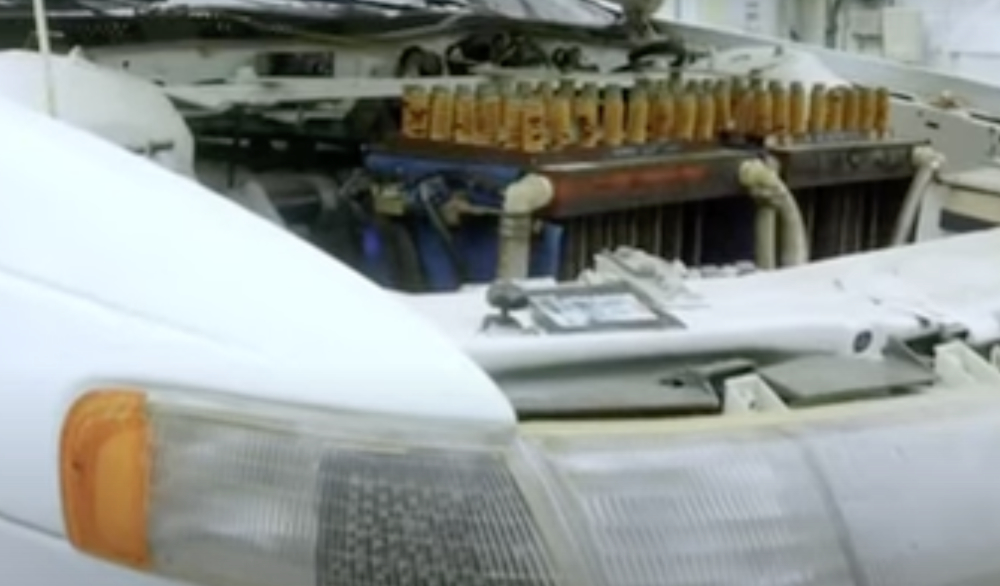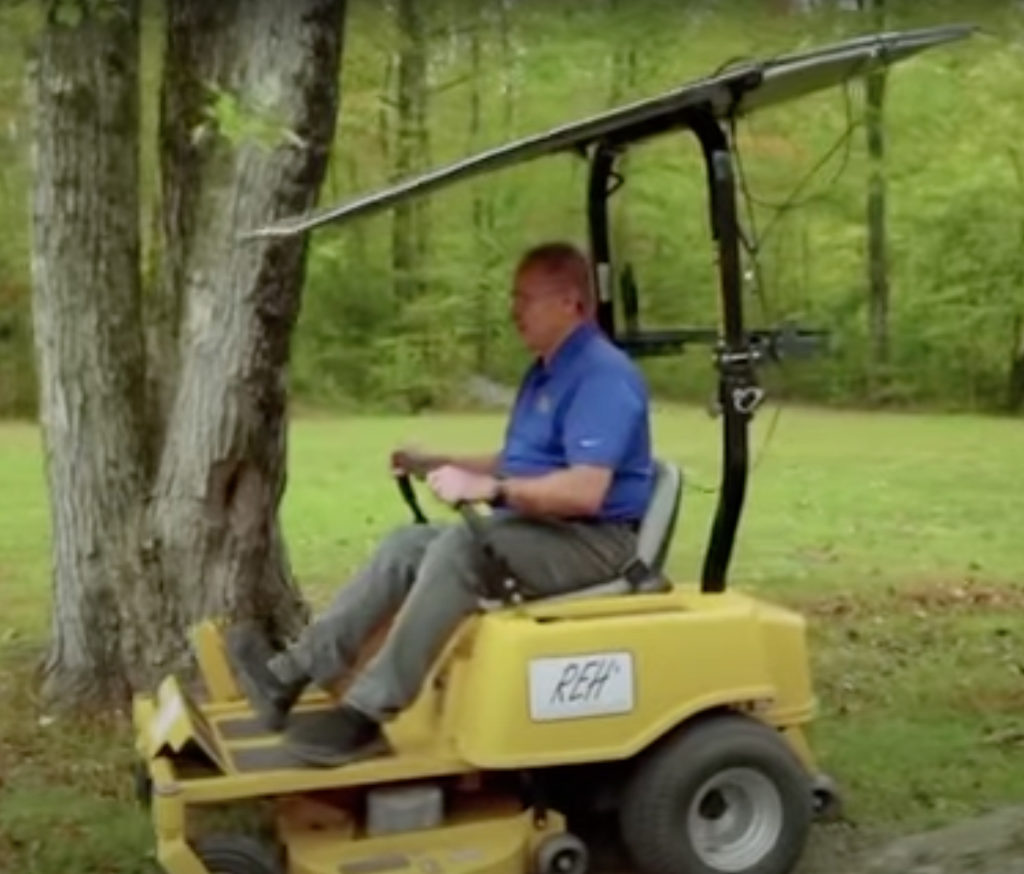Off-grid living isn’t just about sustainable housing and energy sources; it extends to transportation as well. The desire for self-sufficiency and environmental responsibility has led many off-gridders to seek alternative transportation options that align with their lifestyle. In this article, we’ll explore various off-grid transportation solutions and how they contribute to a more sustainable and independent way of life.
Electric Bikes and Off-Road Adventures:
Electric bikes, often referred to as e-bikes, have gained popularity among off-gridders. These bicycles are equipped with electric motors and rechargeable batteries, providing an eco-friendly mode of transportation that doesn’t rely on fossil fuels. E-bikes are especially useful for navigating rugged off-grid terrain, offering an efficient and enjoyable way to explore the wilderness or travel between remote properties. With the ability to pedal or engage the electric motor, riders can extend their range and conquer challenging off-road trails, all while minimizing their carbon footprint.
Off-Road Vehicles and Overland Travel:
For off-gridders who need to traverse rough terrain or access remote locations, off-road vehicles like all-terrain vehicles (ATVs) and utility task vehicles (UTVs) are indispensable. These off-road vehicles are designed to handle challenging conditions, from forested trails to rocky hillsides. Many off-gridders equip their ATVs and UTVs with trailers or cargo racks to transport supplies, firewood, or even harvested game. These rugged machines provide the mobility required for off-grid living while reducing the environmental impact when used responsibly.
Eco-Friendly Commuting:
For off-grid communities or individuals living in remote areas, commuting to work or accessing essential services can be a challenge. Some off-gridders have turned to eco-friendly commuting options such as carpools, ridesharing, or electric car-sharing programs. These initiatives not only reduce fuel consumption but also foster a sense of community and shared responsibility for transportation needs. Additionally, electric vehicles (EVs) powered by off-grid renewable energy sources like solar panels are becoming a sustainable choice for those seeking an eco-conscious commute.

Horsepower in the Wilderness:
In some off-grid locations, traditional forms of transportation, like horseback riding, are still prevalent. Horses provide a sustainable and low-impact mode of travel, especially in areas with limited road infrastructure. Horse-drawn carriages and wagons can be used for hauling supplies, while riding horses allows off-gridders to explore their surroundings without the need for fuel or electricity.
Caring for Horses: A Commitment to Their Well-Being
Proper horse care is essential to ensure the health, happiness, and longevity of these majestic animals. It begins with providing a safe and comfortable environment, such as a clean and well-ventilated stable or pasture with ample space for movement. Horses require a balanced diet tailored to their age, activity level, and specific needs, with access to fresh water at all times. Regular exercise, grooming, and hoof care are crucial to their physical well-being, while social interaction with other horses and mental stimulation through toys or activities contribute to their emotional health. Additionally, routine veterinary care, including vaccinations, dental check-ups, and deworming, is vital to prevent and address health issues. Caring for horses is a commitment that demands time, resources, and knowledge, but the bond forged with these magnificent creatures and the rewards of their companionship make it a labor of love for horse enthusiasts around the world.
Horses are a good investment. Horses can be loyal friends and they reproduce. Try that with car!
Pedal Power and Sustainable Travel:

Pedal-powered transportation, such as bicycles and recumbent trikes, is another eco-friendly option for off-gridders. These human-powered vehicles are ideal for short trips, exercise, and exploring nearby areas. Some off-gridders even use cargo bikes equipped with trailers to transport groceries and supplies efficiently.
A Car that Runs on Water

At the Hopewell House Project they are all about hydrogen. Mike Strizki has a car the runs on water.
https://www.hydrogenhouseproject.org/index.html
In conclusion, off-grid living extends to transportation choices, with many off-gridders embracing eco-friendly alternatives to reduce their environmental impact and increase self-sufficiency. Whether it’s electric bikes, off-road vehicles, carpools, or even horseback riding, these transportation solutions align with the principles of sustainability and self-reliance, allowing off-gridders to navigate their off-grid worlds with minimal impact on the environment.





